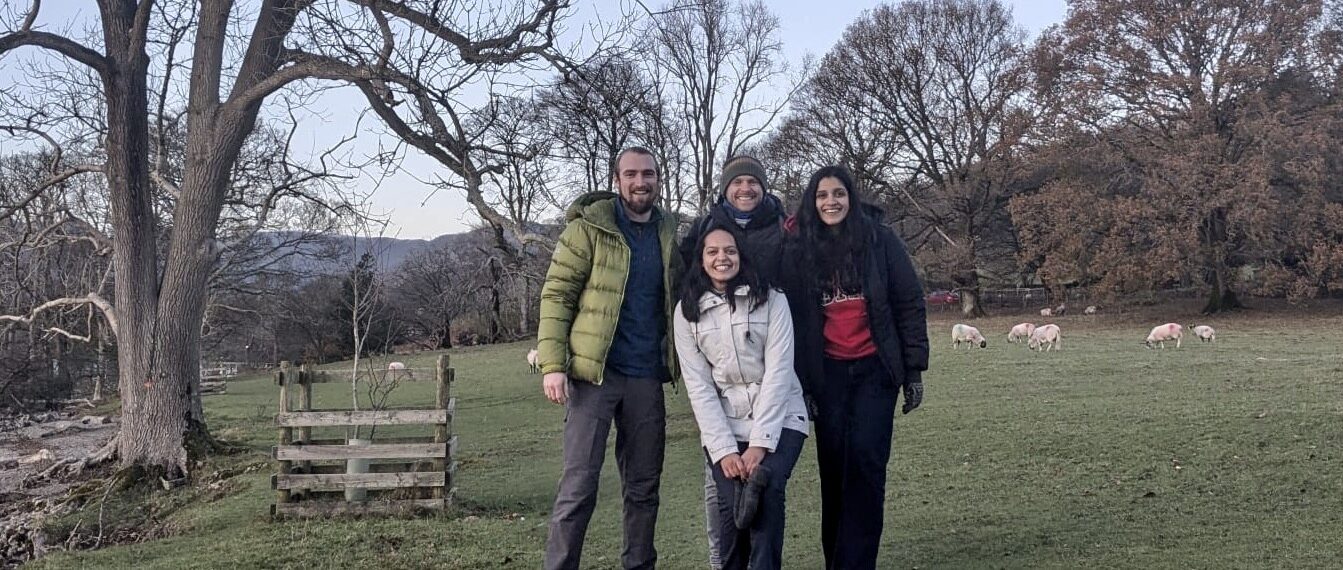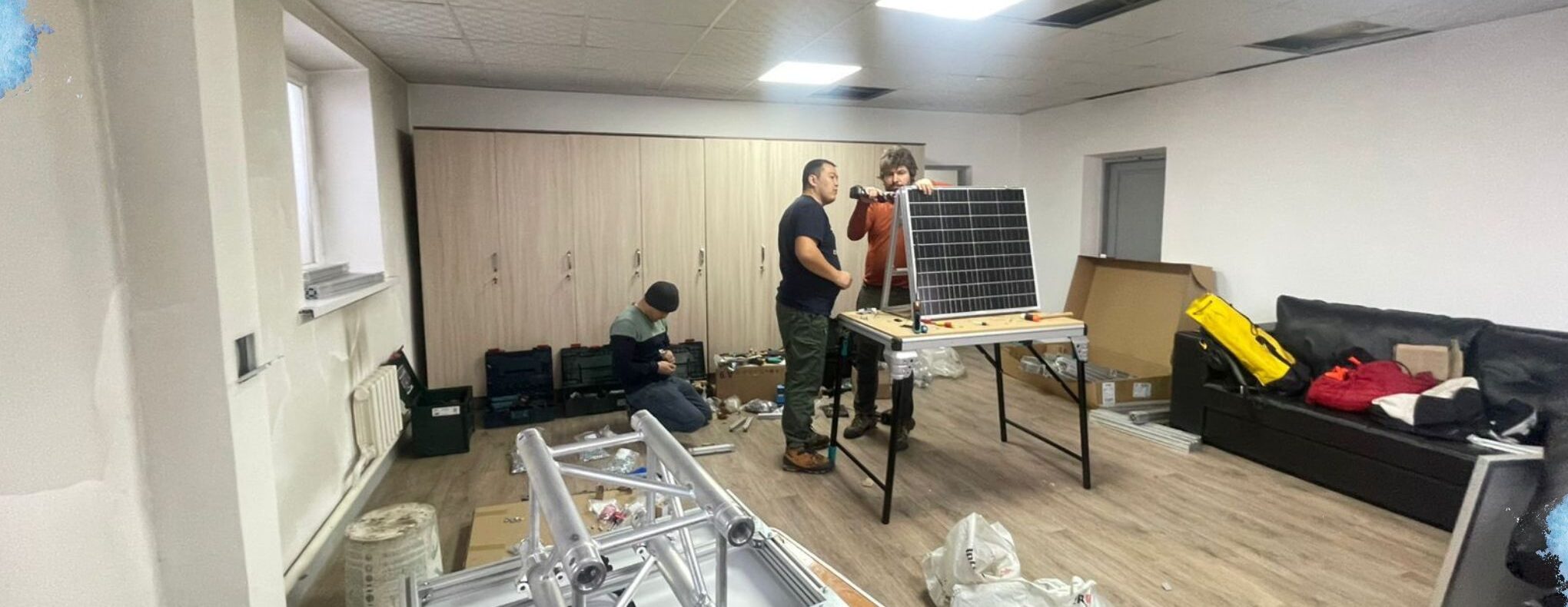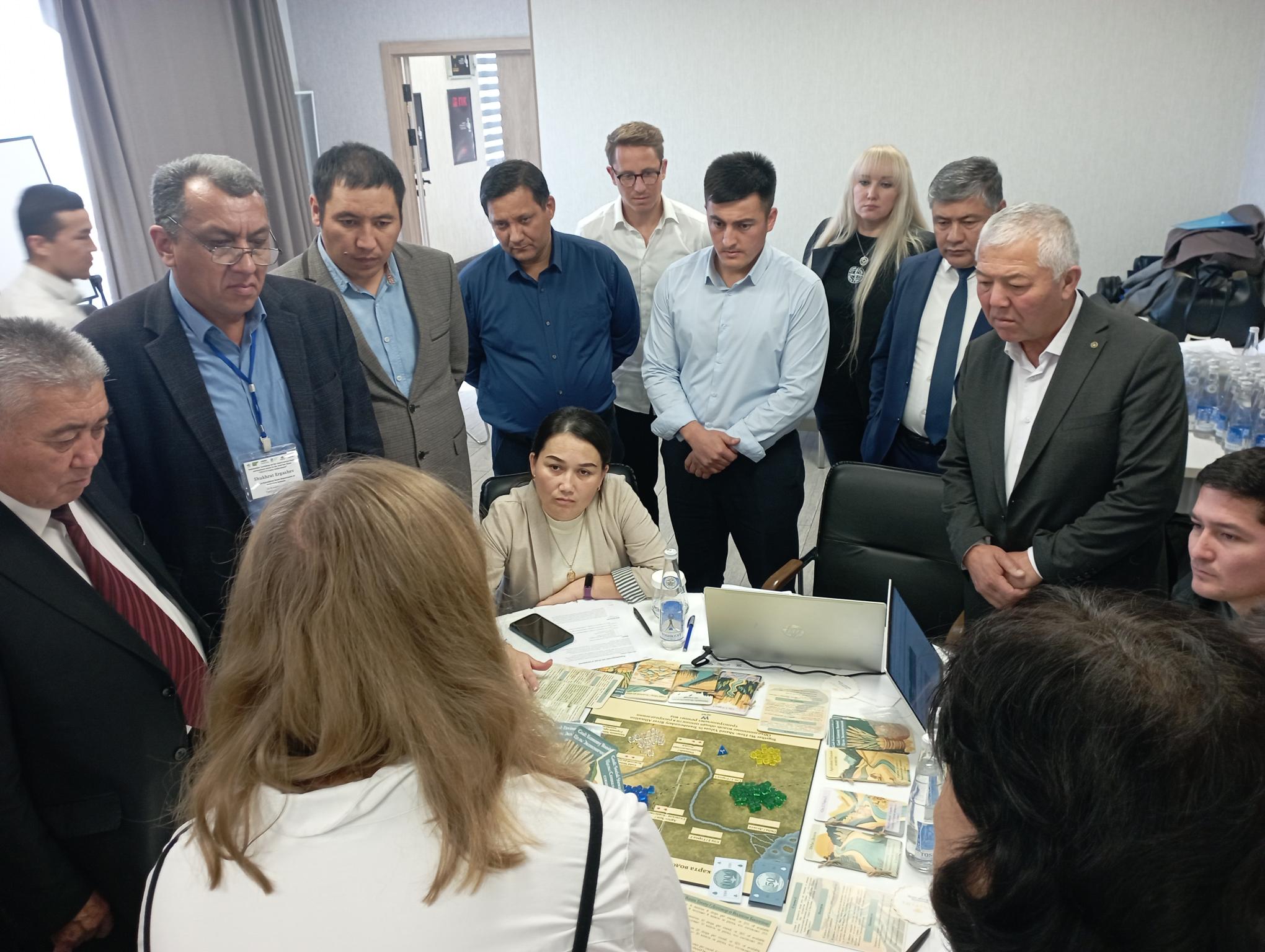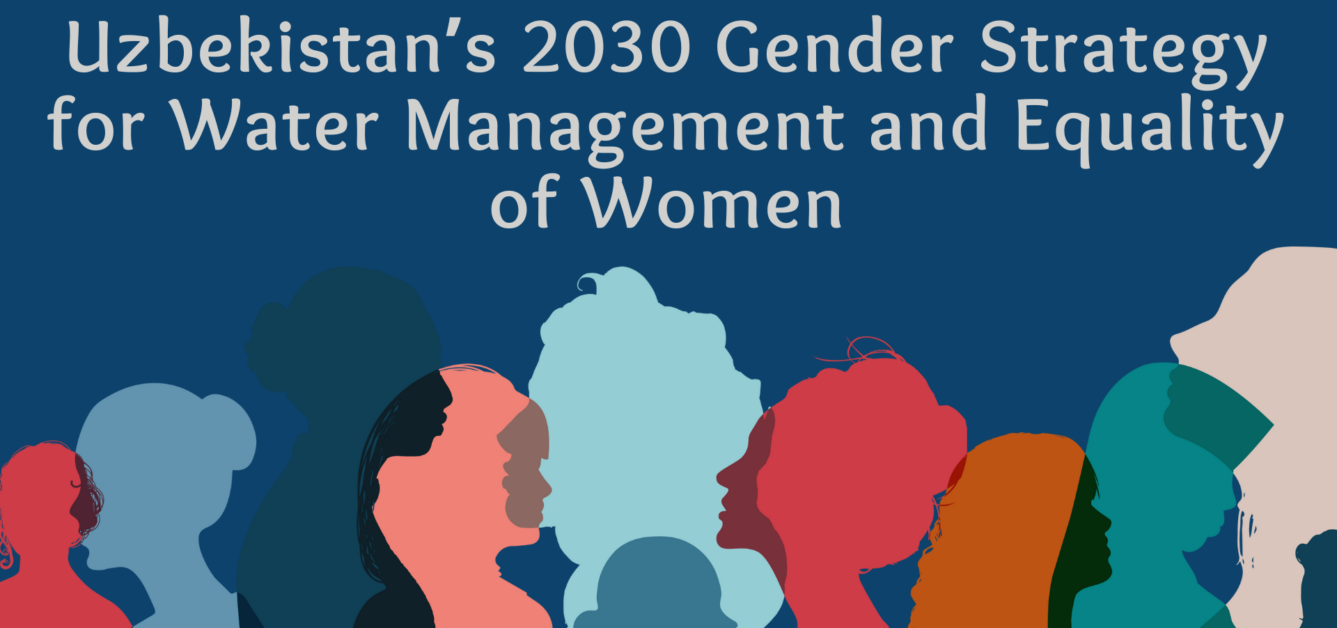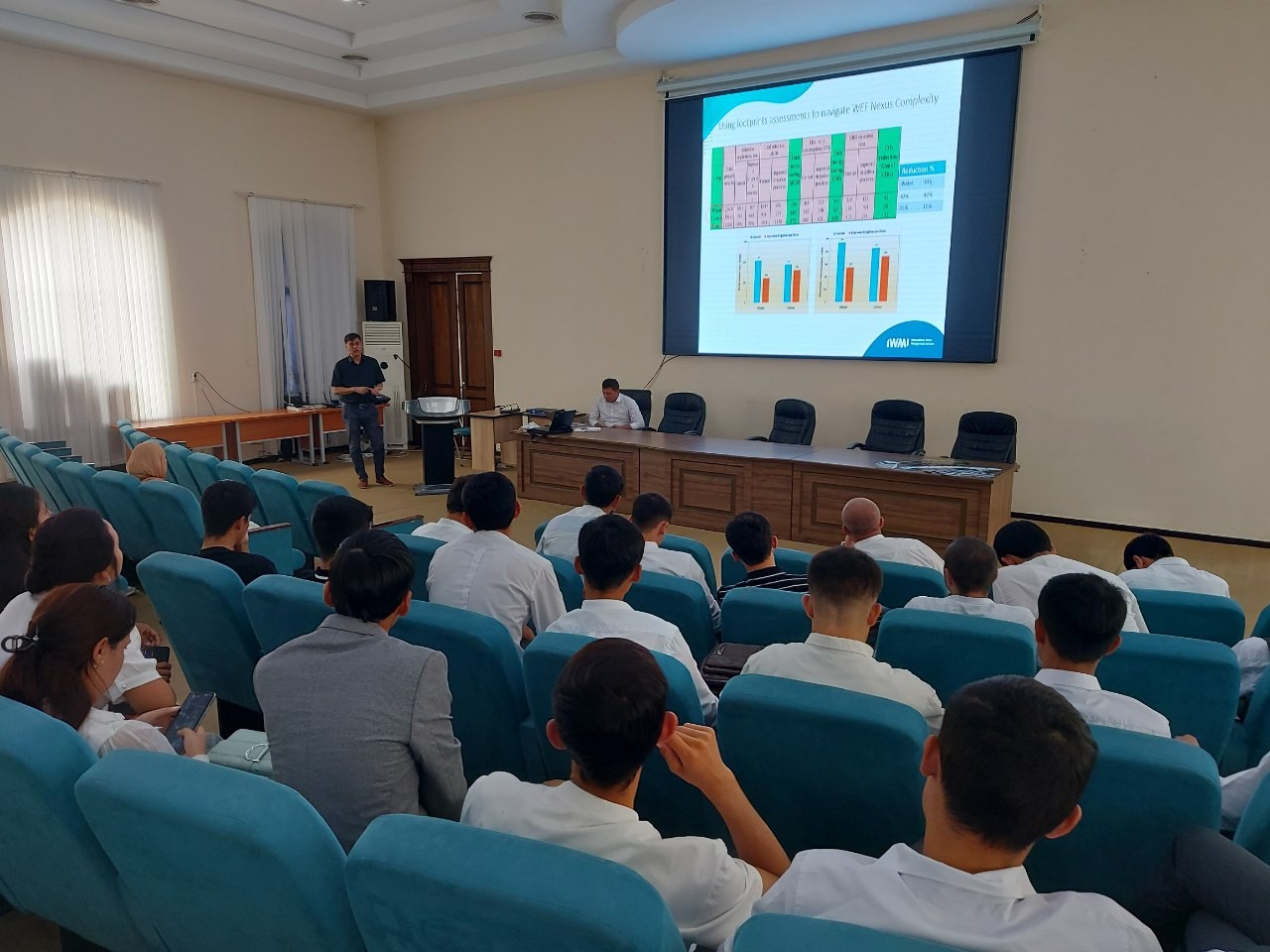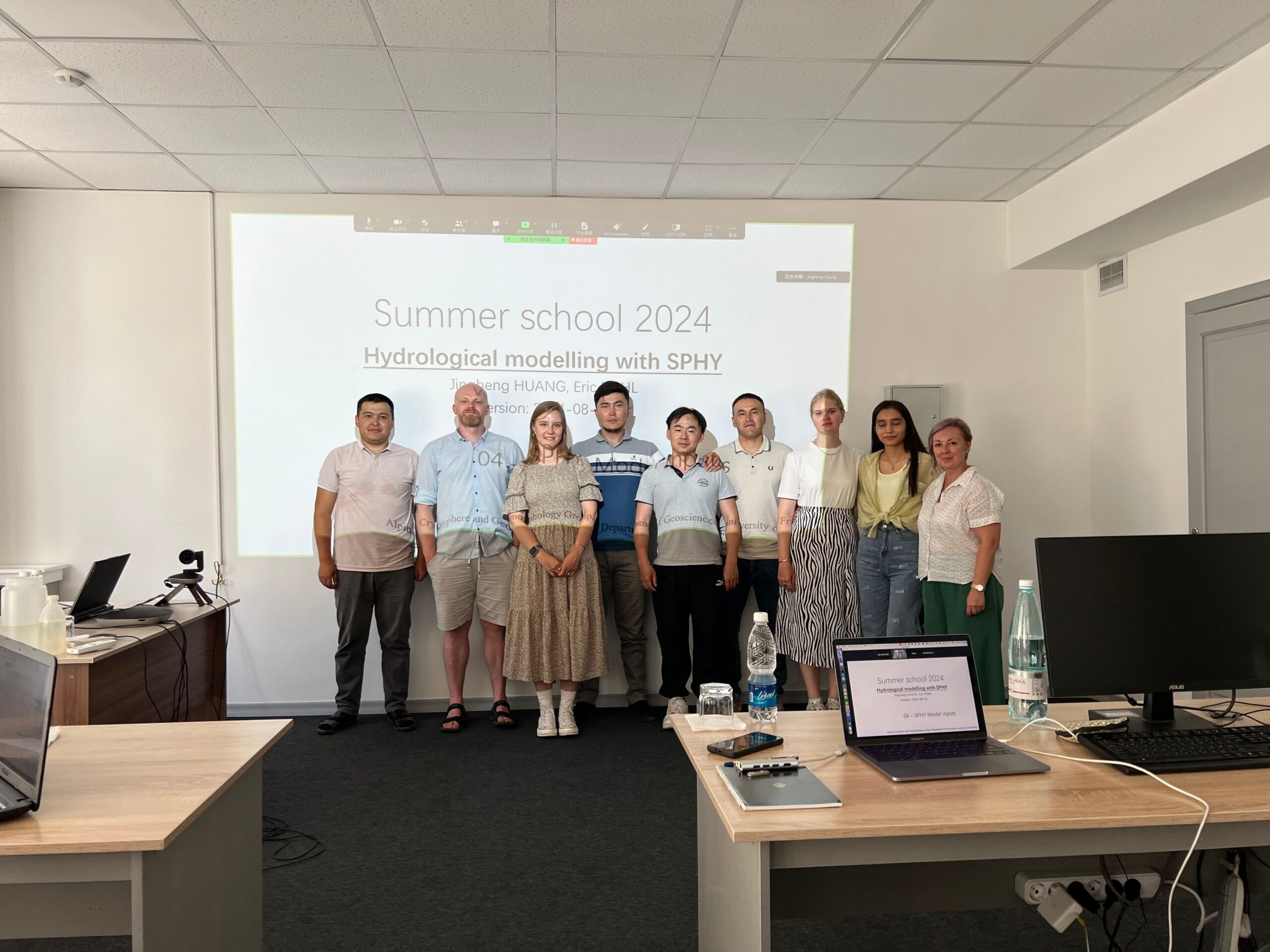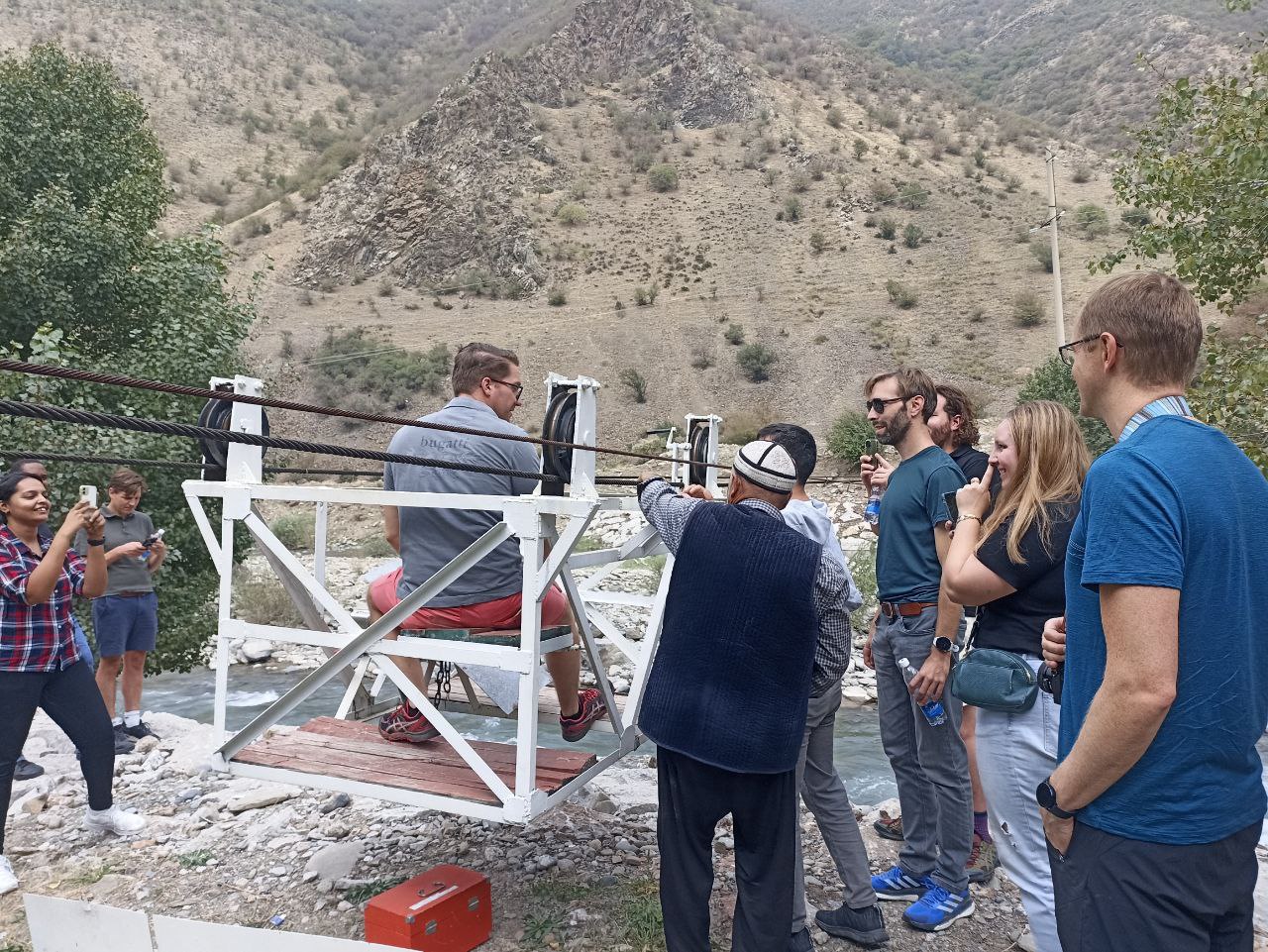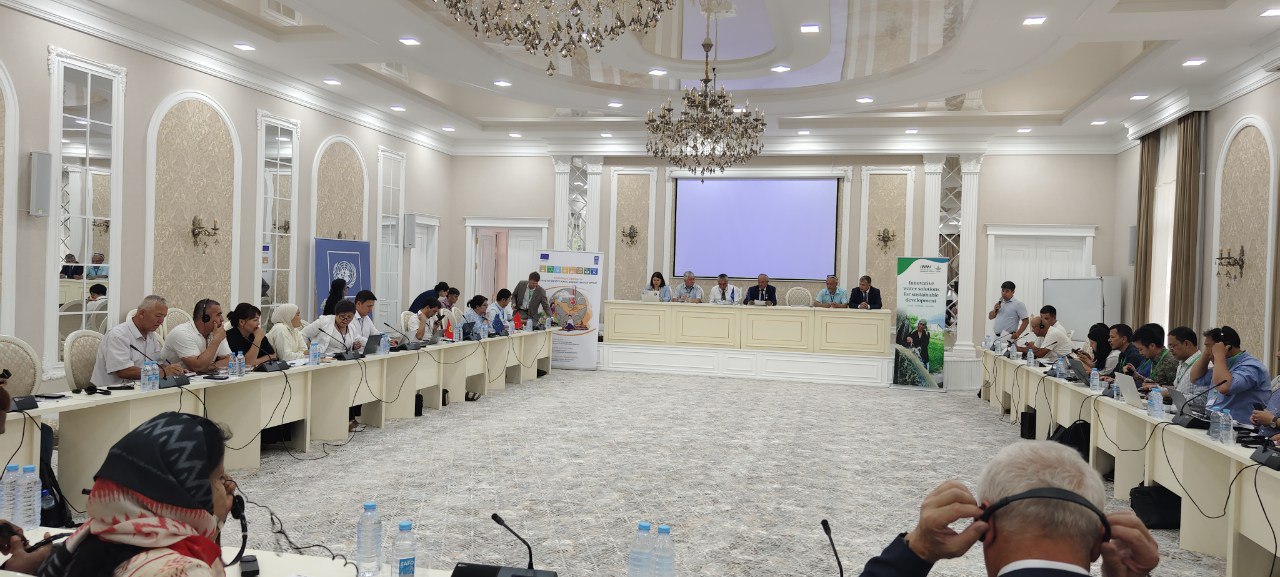Explore the global impact of WE-ACT, spotlighted at the recent Convention on Transboundary Watercourses. Recognized by UNECE, WE-ACT is featured in the forthcoming UNECE handbook, exemplifying effective solutions at the intersection of water, food, energy, and ecosystems. Join us in shaping the future of sustainable water cooperation.
7-8 December 2023, Geneva, Switzerland – In a significant stride towards sustainable transboundary water management, WE-ACT took center stage at the recent Convention on the Protection and Use of Transboundary Watercourses and International Lakes: Task Force on the Water-Food-Energy-Ecosystems Nexus meeting. Dr. Jingshui Huang, project coordinator, presented an insightful overview of WE-ACT’s consortium, emphasizing key building blocks and placing a special focus on the Decision Support System and its myriad benefits. This landmark presentation underscored the importance of collaboration across sectors and borders, echoing the global call for concerted efforts in managing transboundary river basins and aquifers.
Background: Navigating the Water-Food-Energy-Ecosystems Nexus
Transboundary river basins and aquifers, constituting 60% of global freshwater and hosting 40% of the world’s population, play a pivotal role in global ecosystems, food and energy production, and socio-economic development. The Water Convention has been a driving force since 2013, promoting cross-sectoral cooperation in these crucial areas. The Transboundary Nexus Assessment Methodology (TBNA) was developed, implemented in various regions, and guided by the Task Force on the Water-Food-Energy-Ecosystems Nexus. This inclusive platform facilitated cooperation between the water and energy sectors, addressing the pressing need for sustainable solutions amid the challenges posed by climate change.
A Recognized Catalyst for Change
The fact that WE-ACT is acknowledged as an example of a transboundary water allocation approach that is “in the making” speaks loudly about its significance in this global narrative. The UNECE handbook on transboundary water allocation acknowledged WE-ACT as an example of best practice and placed it as a framework for tracking and exchanging advancements. As the cornerstone of WE-ACT’s approach, cross-sectoral cooperation emerges as a promising option to mobilize finance and create investments that benefit many stakeholders.
The 8th Meeting of the Nexus Task Force: Charting the Path Ahead
The 8th meeting of the Nexus Task Force was a milestone event, focusing on a decade of work on water-food-energy-ecosystems nexus under the Water Convention. The agenda included discussions on financing cross-sectoral solutions, mainstreaming nexus in global climate and environmental processes, and exploring the potential of transboundary water cooperation for the energy transition.
Looking Ahead: A Global Handbook on Transboundary Water Allocation
WE-ACT’s inclusion in the forthcoming management summary of the UNECE handbook on water allocation is a significant stride towards global acknowledgment. The handbook, a comprehensive compendium, delves into key elements, frameworks, and modalities for water allocation in transboundary basins and aquifers. It incorporates illustrative case studies from around the world, providing a practical guide for riparian countries and joint bodies to assess, adapt, and operationalize allocation arrangements within their unique contexts. The handbook not only presents a first-ever global overview of water allocation agreements but also integrates 46 exemplar case studies, offering a wealth of insights and lessons learned.
In conclusion, WE-ACT’s recognition and inclusion in these global initiatives mark a critical step towards fostering sustainable transboundary water management. As the nexus between water, food, energy, and ecosystems becomes increasingly vital, collaborative efforts exemplified by WE-ACT are key to addressing challenges, promoting resilience, and charting a sustainable future for our planet.


